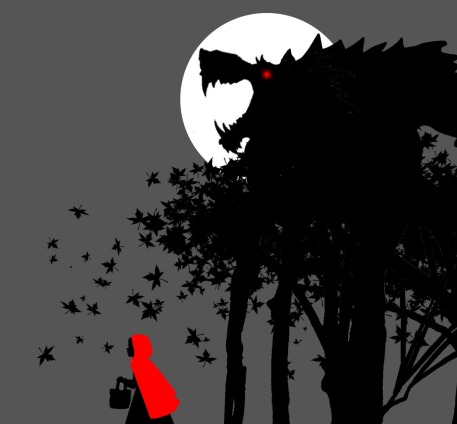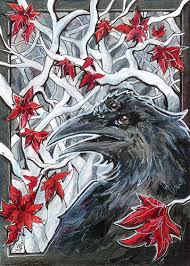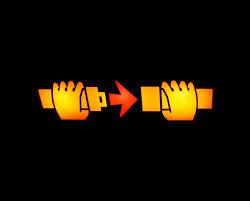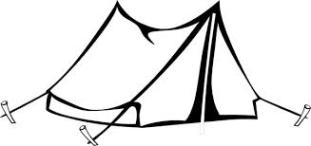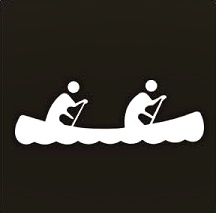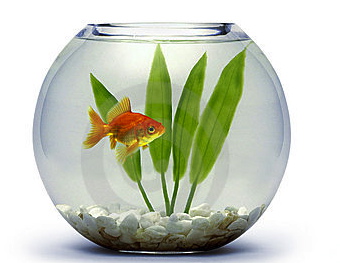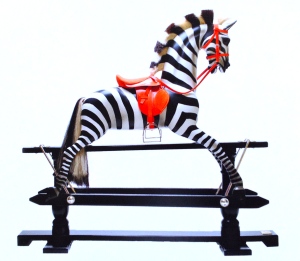
I’m on my way to London to meet a friend for lunch. Normally, I drive like I’m competing at Brands Hatch – or so my reputation behind the wheel goes – but for once I’m in no hurry. The sky is a calming Hockney blue, blossom bursting out everywhere and a radio podcast about someone brainwashed into joining a religious cult is keeping me engrossed.
At a small cross roads, a biker idles on the opposite side of the road. The rider is barrel-chested and bulked to the hilt in leather. Somehow though, I get the impression that if you were to peel away the heavy layers, something small and insubstantial would emerge.
There is a split second when we both hesitate as to who has the right of way. As I am the only one indicating, I assume he is crossing over and so take the initiative. It is only after I have committed to the left turn, that he pulls out in the same direction. His movements are strangely wobbly. I’m reminded of a toddler pushing off on a bicycle without the safety net of stabilisers.
In the time it has taken me to register this, I have already nipped into a small residential road and then stopped to wait behind a string of parked cars for the oncoming traffic. Instead of driving past, the first approaching car stops alongside me. I check my wing mirror to see what the holdup is.
On the ground is the biker. He doesn’t look injured but he’s struggling to get his bike upright. It’s a heavy looking bike with fat storage containers strapped to each side like saddlebags. All that leather kit he’s wearing isn’t helping matters. The driver of the passing car goes to assist. He’s a middle aged man of average build but he uprights the bike with the ease of someone picking up a child’s scooter. I’m not sure the biker sees the irony of this because he is too busy pointing an accusatory glove in my direction. Even though I haven’t done anything, I go hot inside. It’s that school assembly moment when the head teacher asks the guilty party to fess up to a crime and you feel they are speaking directly to you.
Bike righted, the driver gets back in his car and shoots off up the road, quickly followed by the remaining waiting traffic. Ignoring the biker’s gesticulating, I too make a hasty exit but am immediately pursued by sounds of a loud and insistent horn. I glance in my rear mirror. The biker is signalling in an angry fashion. Don’t get involved, I tell myself. He’s probably a nutter.
This chase continues along the back roads but he doesn’t go away. Like a bad smell, he follows me on to the duel carriageway, his hooting as loud as a siren. I speed up determined to lose him but he does the same. If it’s intimidation he’s after, I’m feeling it.
After carrying on like this for over a mile, he draws up alongside my car, signalling for me to pull over. We are both doing about 50 mph. I think of those American movies where the cop waves you down and bad things happen. I am resolute. I am not going to stop. Why should I? Then Mr Biker Man shoots past me, slips in front of my car, gradually slowing down and forcing me to do the same. I stop.
This is a dual carriageway but he doesn’t seem to care. He dismounts from his bike and walks towards me with a rugged, determined gait. ‘Are you out of your mind?’ a character in the podcast yells, ‘No one’s going anywhere.’
Suddenly I’m sixteen again, walking along a pavement in Athens. A car pulls up alongside me, a large, greasy-looking individual at the wheel. I try to ignore his verbal advances but he keeps pace with me, calling out and making tedious lewd gestures. It’s annoying and I want him to go away. He persists and so I try out one of the new swear words I have recently learned, experimenting with the sound in my mouth. Ma-la-ca, I say, peppering the word with a little contempt. Wanker.
Instantly, the car – a grey Mercedes – mounts the pavement and pulls up in front of me. The driver gets out, surprisingly agile for such a large man and slaps me hard across the face. I am too shocked to respond. He is shouting at me but while I can’t understand his rapid speech, his meaning is clear. People stand by watching and it is this passiveness, this unwillingness to intervene rather than the slap itself, that leaves me feeling humiliated and furious in equal measure.
As Mr Biker Man approaches my car, I tell myself that nothing bad can happen because it is broad daylight. Still, I feel my body tense. Here we go, I think.
I lower the window a third of the way and stare up at the biker. Behind his clear visor he is wearing sunglasses. Now that he’s close up I can see he has to be in his 60s. He launches straight in, his finger pointing at me like a gun.
‘I want your insurance details.’
He has a thin, downturned mouth that conveys meanness. Cars fly past in the outside lane. It is folly to have stopped here. At any moment someone could drive into the back of me.
‘I’m not giving you anything,’ I say.
‘You made me fall off my bike.’
I allow the absurdity of what he has just said to sink in.
‘You fell off it all by yourself.’
‘Because of you!’ he says passionately, going back to the finger pointing. ‘You put me off.’
I look at him thoughtfully, no longer intimidated.
‘I hate to say it but I don’t think you’re very good on that machine. You might want to consider downsizing.’
He looks so shocked you’d think the car had spoken to him not me. His mouth gapes revealing a couple of gold fillings. I think he is going to say something. Instead, he sort of deflates inside his leather kit and walks back to his bike. Does this mean our dispute is over? For a moment I am thrown by what feels like an anticlimax. But only for a moment. I put the car back in gear and drive off.
Three miles along the M25, a motorbike rockets past me in the outside lane. The roar of the engine is astonishing and my adrenaline levels momentarily soar, but it isn’t him.
‘Freedom is the best feeling in the world,’ one of the characters on the podcast says as the story reaches it’s conclusion. ‘I had a damn lucky escape.’
You and me both, I muse. I look out at the rolling countryside and am calmed by the lush greenness. My stomach reminds me that I haven’t eaten today. Flooring the accelerator, I speed on towards London and lunch.
